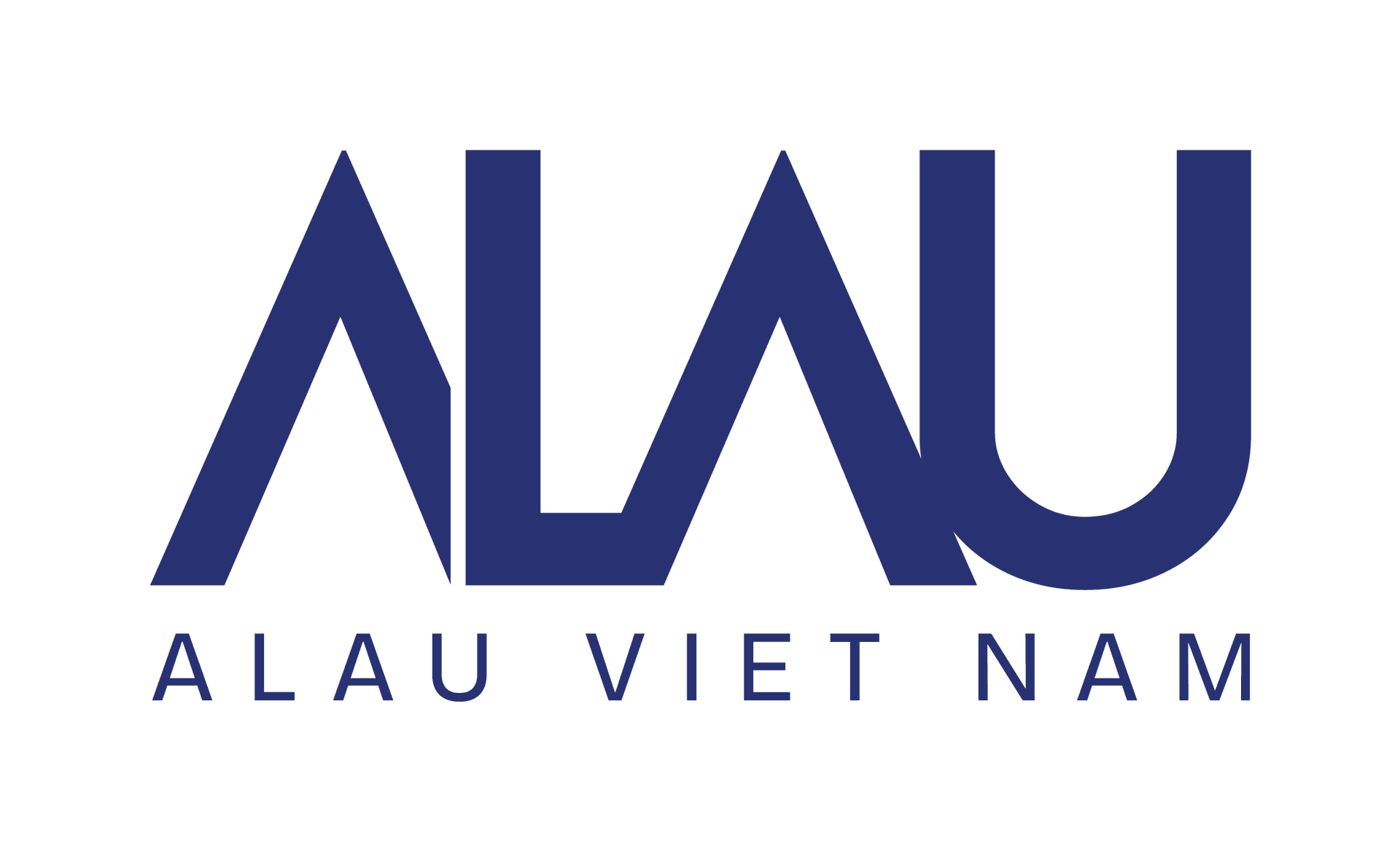
Article by ALAU VIETNAM
Step-by-Step Guide to Obtaining Work Permits in Vietnam – and How to Avoid Rejections
Vietnam continues to attract a growing number of foreign experts and skilled workers, making
compliance with labor regulations more crucial than ever. Under Decree 219/2025/ND-CP, which came into effect on August 7, 2025, the process of obtaining a work permit has been streamlined but remains highly regulated. This article provides a step-by-step guide to securing a work permit and practical advice on how to minimize the risk of rejection.
Step 1: Prepare the required documents
The first step is to gather a complete and valid application dossier. Employers must submit an
official explanation of the need to hire foreign labor, supported by proof that no suitable
Vietnamese candidates were available for the position.
1. Employer’s request form explaining the need for foreign labor
2. Valid health certificate (within 12 months)
3. Valid passport
4. Criminal record certificate (issued within 6 months).
5. Two 4x6cm photos
6. Proof of employment form (assignment letter, contract, service agreement, or managerial
proof).
Depending on the role, supporting documents such as degrees, professional qualifications, and
proof of work experience must be included. Importantly, all foreign documents must be legalized, translated into Vietnamese, and notarized.
Step 2: Submit the application
Applications must be filed at least 10 days but no more than 60 days before the employee is expected to start work. Employers can submit documents directly at the local Public Administrative Service Center, online via the National Public Service Portal, or through postal services. Once received, the competent authority reviews the application within 10 working days. In cases of rejection, a written explanation is issued within 03 working days, allowing employers to address deficiencies promptly.
Step 3: Receive the permit and finalize employment
If approved, the foreign worker receives a work permit valid for up to two years. Employers and employees must then sign an official labor contract before the start date. Work permits can be renewed once for an additional two-year period. If an employee works across multiple provinces, the employer must notify local authorities accordingly.
How to avoid rejections
Many applications are rejected due to avoidable errors. To increase approval chances, ensure that:
• Employers must advertise locally before hiring foreigners.
• Applications must be submitted on time.
• Job titles and employment forms must match categories in the Decree (manager, executive
director, expert, technical worker).
• Documents must be valid at submission.
• All foreign-issued documents must be legalized, translated, and consistent — even small
details (e.g., a dot in a name) can cause issues with later documents like the TRC.
• Criminal record and Health Certificate can be issued in Vietnam (≈ 3 weeks), saving
translation/legalization costs abroad.
• Use English versions where possible; some languages (e.g., Dutch) cannot be notarized in
Vietnam.
• Keep originals legalized and use notarized copies for translations to reuse in future
applications.
Conclusion
With proper preparation, accurate documentation, and compliance with deadlines, obtaining a
work permit in Vietnam under the new decree is straightforward and helps avoid unnecessary
rejections.
For more information, visit ALAU VIETNAM at http://alauvietnam.com/